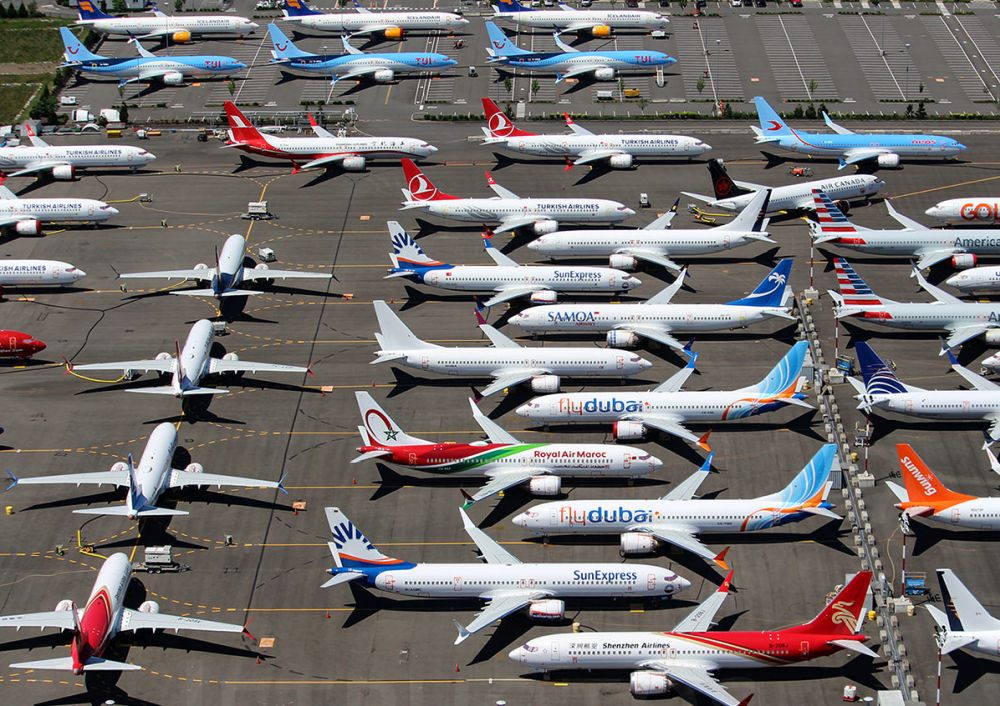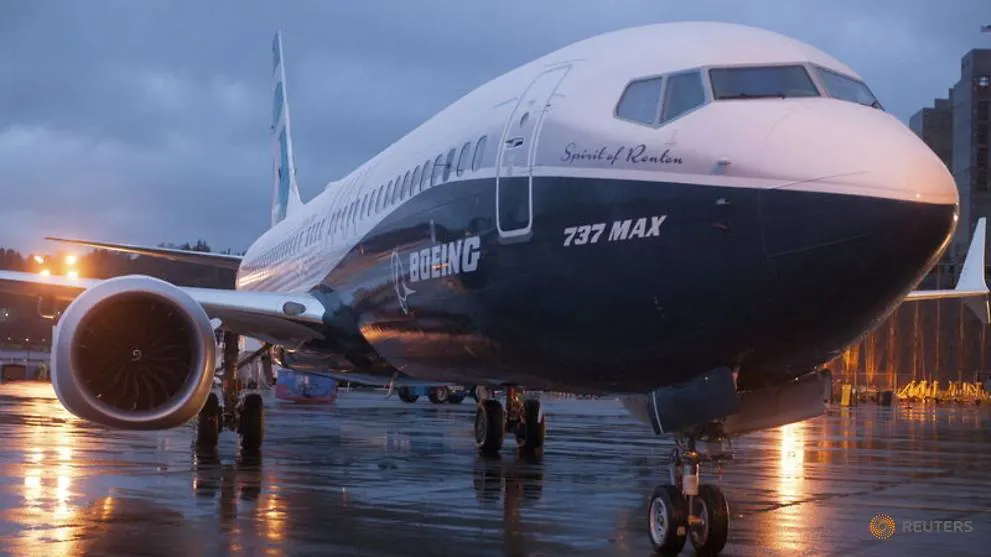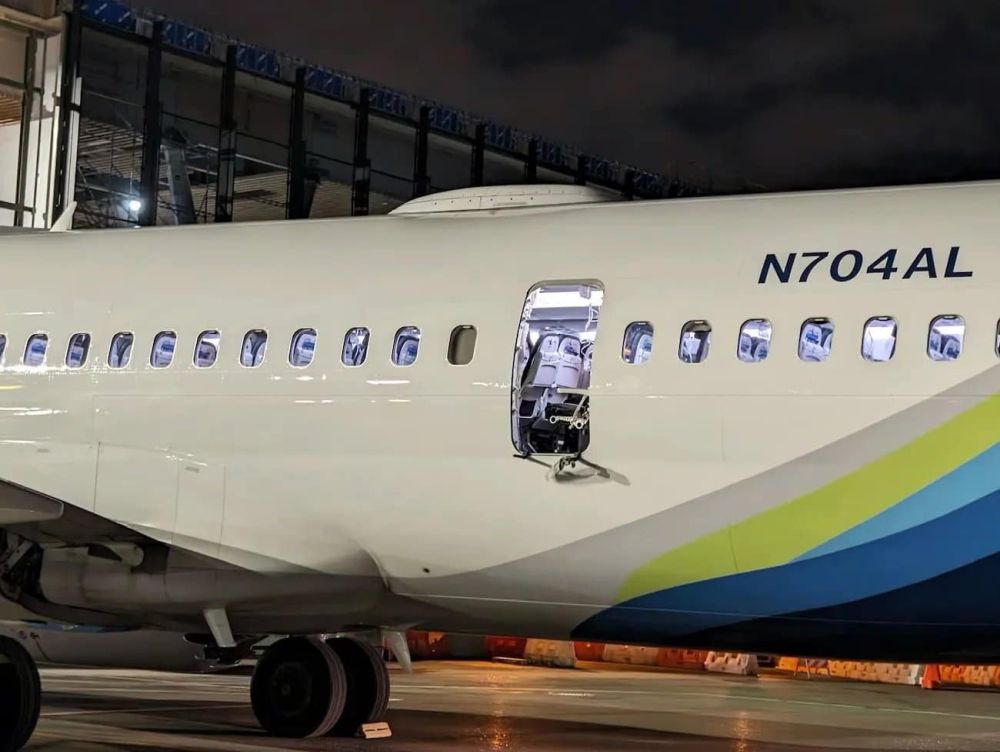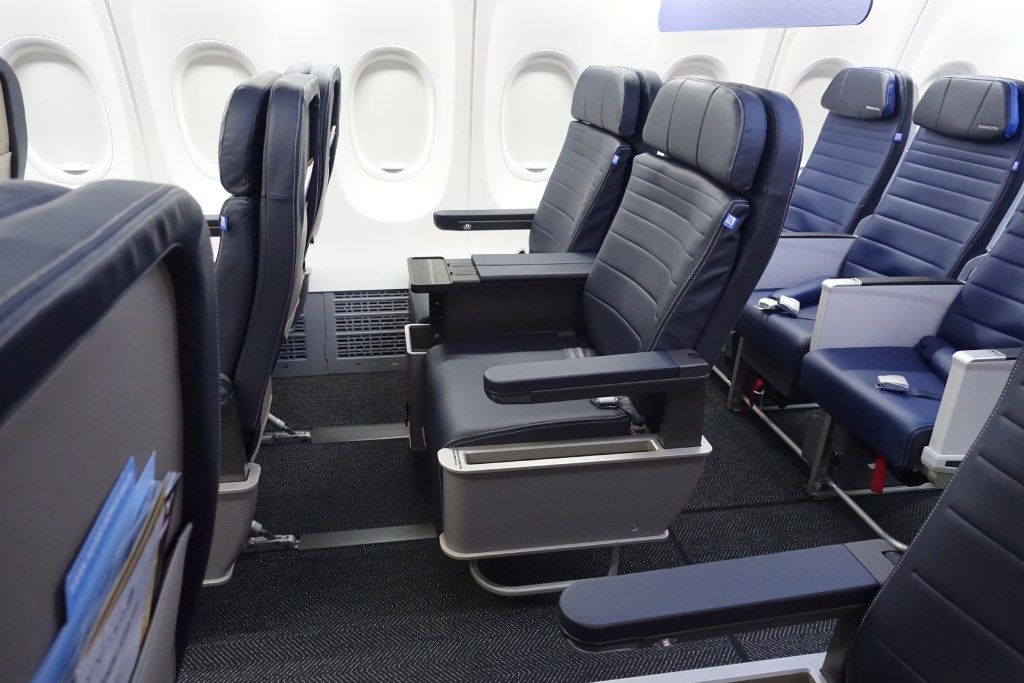In a shocking turn of events for the aviation industry, the prolonged groundings of Boeing aircraft have cast a dark shadow over air companies worldwide. The grounding, primarily linked to safety concerns surrounding the Boeing 737 MAX series, has left airlines grappling with operational disruptions and financial setbacks. These groundings have not only affected the major players who operate these aircraft but have reverberated through the entire ecosystem of air travel, raising questions about the industry’s resilience in the face of unforeseen challenges.

The Boeing 737 MAX, once hailed as a game-changer in the aviation industry, has faced scrutiny and regulatory restrictions since a series of tragic accidents raised concerns about its safety. As a result, airlines that heavily invested in this model now find themselves in a precarious financial position. The ongoing groundings have forced carriers to adjust their schedules, cancel flights, and lease alternative aircraft to meet the demands of passengers. This sudden operational overhaul comes at a considerable cost, and the financial toll is evident in the quarterly reports of numerous air companies.

The financial ramifications extend beyond the immediate costs of leasing alternative aircraft. Air companies are grappling with a tarnished reputation and eroding customer trust, which further impacts their bottom line. Passengers, once confident in the safety of air travel, now hesitate to book flights operated by Boeing 737 MAX aircraft. This hesitation translates into reduced bookings, lower load factors, and increased pressure on airlines to implement marketing campaigns and promotions to woo back passengers. As a result, the long-term financial health of these carriers is now under serious scrutiny.

The road to recovery for air companies heavily invested in Boeing’s troubled aircraft seems arduous. While Boeing works diligently to address safety concerns and regain regulatory approval for the 737 MAX, airlines are left navigating a complex web of financial challenges. Some carriers have sought compensation from Boeing for the economic losses incurred during the groundings, adding another layer of complexity to an already delicate situation. The aviation industry, known for its resilience, now faces a crucial test of its ability to weather the storm and emerge stronger. As the saga unfolds, stakeholders, including passengers, investors, and industry regulators, closely watch the developments to see how air companies navigate the turbulent skies ahead.

The prolonged Boeing groundings have plunged air companies into a financial quagmire, compelling them to adapt swiftly to the unforeseen challenges. The fallout from operational disruptions, cancellations, and the erosion of passenger trust has cast a shadow over the industry’s financial health. As airlines grapple with the aftermath, the aviation sector faces a critical juncture, testing its resilience and ability to rebound from unforeseen setbacks. The path to recovery remains uncertain, and stakeholders anxiously await the industry’s strategic maneuvers amid these turbulent times.

